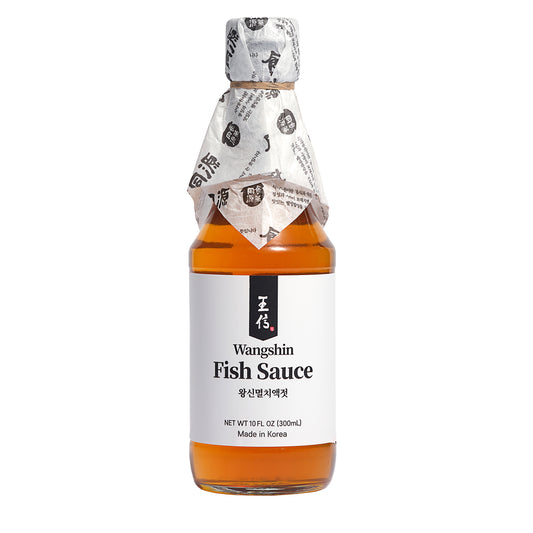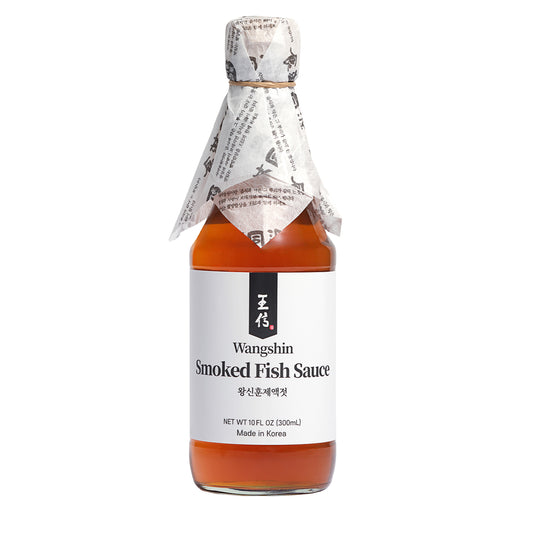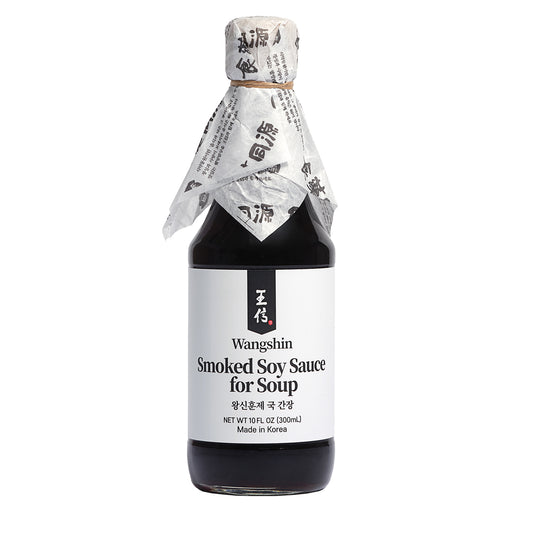
How Fermentation Temperature Affects Healthy Korean Doenjang Production
Using advanced metagenomic techniques, we explored how low and high temperatures during the meju (fermented soybean brick) fermentation process influence the bacterial and fungal communities in doenjang. Our findings revealed that high temperatures encourage the growth of Bacillus, a bacterium known for breaking down proteins and carbohydrates, which could lead to unique flavors and textures. In contrast, low temperatures promote lactic acid bacteria such as Weissella, contributing to the distinct sour notes often found in Korean fermented foods.
These temperature-based variations in microbial communities can significantly affect the health benefits of doenjang. Our study suggests that controlled fermentation can foster beneficial bacteria while suppressing harmful ones, making the final product safer and potentially more nutritious. By understanding these dynamics, we aim to support the production of fermented foods that are both rooted in tradition and aligned with modern standards for healthy eating.
This research not only enhances our knowledge of traditional Korean food but also underscores the importance of technological innovation in food production. We hope this study inspires food manufacturers and consumers alike to appreciate the blend of tradition and technology, leading to high-quality fermented products that are both delicious and beneficial for a healthy lifestyle.



